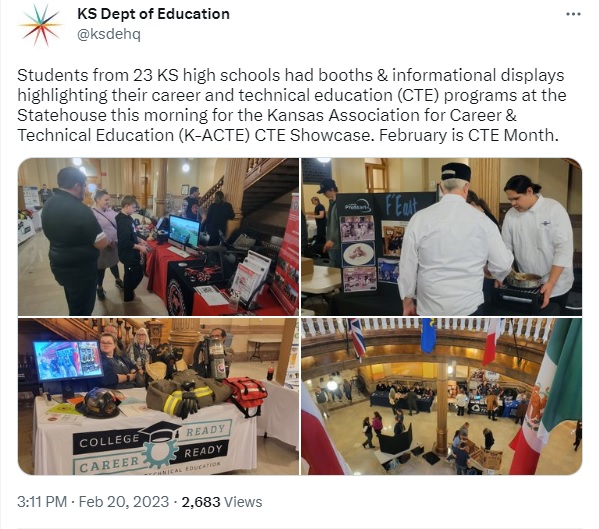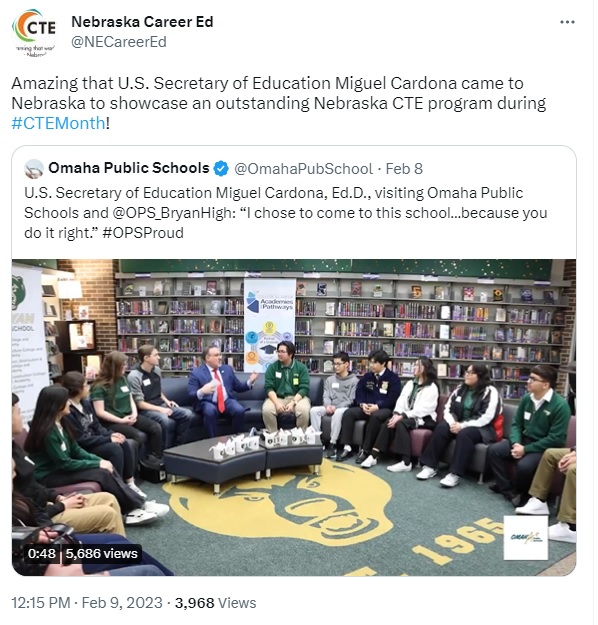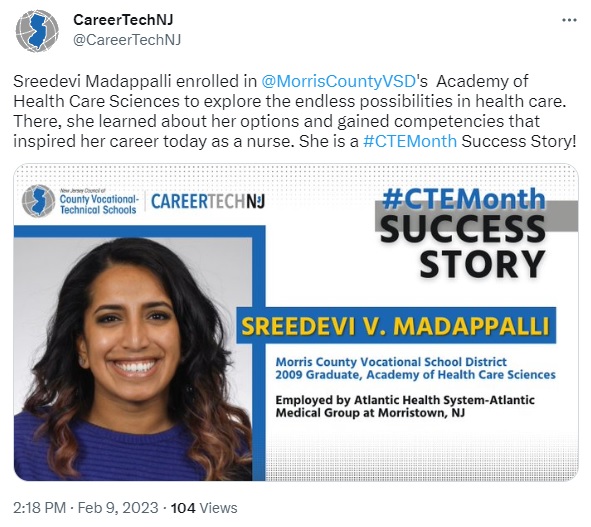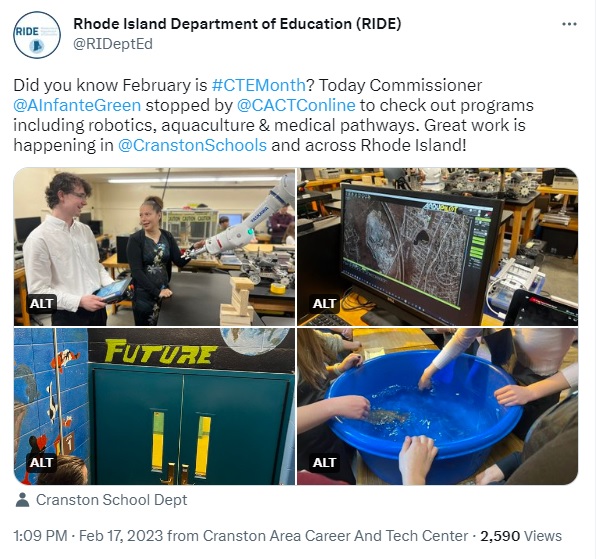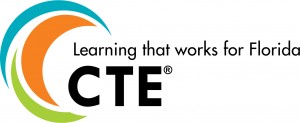Officers of the National Association of State Directors of Career Technical Education Consortium (NASDCTEc) commenced their one-year term this month. The officers take the helm at a significant time as tough economic circumstances threaten career technical education (CTE) funding, the U.S. Secretary of Education challenges the CTE community to provide proof of positive outcomes in its programs, and NASDCTEc launches a national initiative to re-brand CTE.
“The National Association of State Directors of Career Technical Education Consortium faces great challenges, yet great opportunities as well,†said Dr. Patrick Ainsworth, NASDCTEc President and Assistant Superintendent and Director; Secondary, Career, and Adult Learning Division; California Department of Education.
“Our nation is clamoring for aid in improving the outcomes of our students, the competitiveness of workforce and the overall health of our national economy. While funding constraints will certainly offer challenges, I am confident that we can demonstrate how CTE can be a significant resource in helping our nation recover and succeed. NASDCTEc officers will help spearhead that effort to showcase the incredible value of CTE and advocate for investment in what works.â€
In the fiscal year (FY) 2011 budget, the Carl D. Perkins Career and Technical Education Act – the primary federal source of funding for CTE — was cut by $140.2 million (11 percent), bringing the total appropriations to $1.1 billion. For FY 2012, the President proposed cuts to Perkins that would bring the total FY12 appropriations to $1 billion.
The funding cuts have fanned the flames behind NASDCTEc’s recently-launched CTE: Learning that Works for America ™ campaign. The campaign puts in a clear voice a unified message about the success CTE programs across the nation have demonstrated through low high school dropout rates, above-average college-going rates and evidence of return on investment, and more. NASDCTEc aims to help mobilize and strengthen the CTE community with this campaign to address funding threats and the investment in quality CTE programs that align to the brand.
NASDCTEc officers include:
• President Dr. Patrick Ainsworth, Ed. D., Assistant Superintendent and Director; Secondary, Career, and Adult Learning Division; California Department of Education
• Vice President, Marie Barry, New Jersey Director of the Office of Career and Technical Education
• Secretary/Treasurer, Division Administrator, Career Development and Preparation, Illinois State Board of Education, Mark Williams
• Immediate President Dr. Phil Berkenbile, State Director of Oklahoma Department of Career and Technology Education
President: Dr. Patrick Ainsworth –Dr. Ainsworth oversees secondary education, adult education, college preparation and postsecondary relations, career and technical education, and workforce preparation programs. He also serves as the Superintendent’s Designee on the California Workforce Investment Board, Joint Boards Advisory Committee, Community College Economic Development Policy Advisory Council, and other groups.
Secretary-Treasurer Mark Williams: Mr. Williams is a former high school teacher and administrator who has served for six years as Illinois State Director of Career and Technical Education. During his tenure, he has been a founding member of the Coalition for Illinois High Schools, a member of several Illinois Department of Commerce and Economic Opportunity Taskforces devoted to addressing the critical skills shortages of Illinois. Most recently, he has focused on the Illinois Curriculum Revitalization Project as well as the development of STEM Learning Exchanges in Illinois.
Vice President Marie Barry: Ms. Barry administers all activities and plans related to Perkins serves as the state director for career and technical education for secondary and postsecondary CTE programs. She is also a member of the department’s cross-divisional team addressing secondary education transformation, and, specifically, provides leadership for the pilot program on the development of personalized student learning plans.
Immediate Past President Dr. Phil Berkenbile: Dr. Berkenbile is a former agricultural education instructor, Mr. Berkenbile serves on the Governor’s Taskforce on Aerospace and Information Security, the Governor’s Taskforce on Healthcare, the Oklahoma Manufacturers Alliance Board, the State Insurance Advisory Council, and the State Workforce Development Board. Mr. Berkenbile also serves on the CareerTech Administrative Council and is a member of the Oklahoma Association of Career and Technology Education.


 Just two weeks later, First Lady Jill Biden’s guests for the State of the Union (SOTU) address included Kate Foley– a 10th-grade computer-integrated manufacturing student who the First Lady had met last year during a visit to CTE programs in Rolling Meadows High School. In addition, Rep. Glusenkamp Perez (D-WA) brought Cory Toppa, a construction, engineering design, and manufacturing teacher at Kalama High School and the director of CTE for the Kalama school district.
Just two weeks later, First Lady Jill Biden’s guests for the State of the Union (SOTU) address included Kate Foley– a 10th-grade computer-integrated manufacturing student who the First Lady had met last year during a visit to CTE programs in Rolling Meadows High School. In addition, Rep. Glusenkamp Perez (D-WA) brought Cory Toppa, a construction, engineering design, and manufacturing teacher at Kalama High School and the director of CTE for the Kalama school district. 
